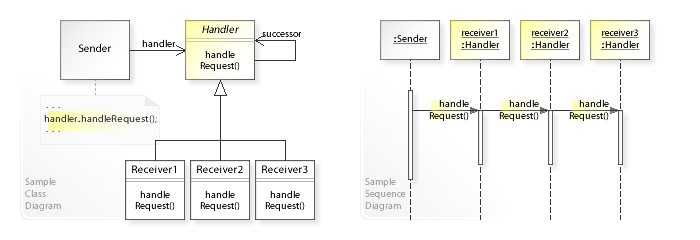
Using the Chain of Responsibility pattern for logging in PHP or any other language offers several advantages:
- Flexibility and Extensibility: With Chain of Responsibility, you can easily add, remove, or rearrange handlers for different log types or levels without modifying the core logging functionality. This makes the system more adaptable to change and new requirements.
- Loose Coupling: Each handler in the chain is responsible for a specific task (e.g., logging at a particular level). This promotes loose coupling between components, allowing for easier maintenance and modification of individual handlers without affecting others.
- Customization and Filtering: Handlers can be tailored to filter or modify log messages based on specific criteria. For instance, you can create handlers that only log messages of a certain severity or messages from specific modules, improving the efficiency of logging.
- Sequential Processing: The pattern enables sequential processing of log messages through the chain of handlers. This allows for sophisticated handling, such as logging, filtering, formatting, or sending logs to different destinations based on their characteristics.
- Scalability: As the application grows, the Chain of Responsibility pattern can accommodate new types of loggers or handlers easily. You can add new handlers or modify existing ones without impacting the overall structure of the logging system.
In PHP, you might implement this pattern by creating a series of log handler classes, each responsible for handling specific log levels or types. These handlers are linked together to form a chain. When a log message is sent through this chain, each handler examines the message and decides whether to process it, modify it, or pass it to the next handler in the chain.
However, the use of the Chain of Responsibility pattern for logging in PHP or any other language might be considered based on the complexity and specific requirements of your application. For smaller or straightforward logging needs, a simpler approach might suffice.

